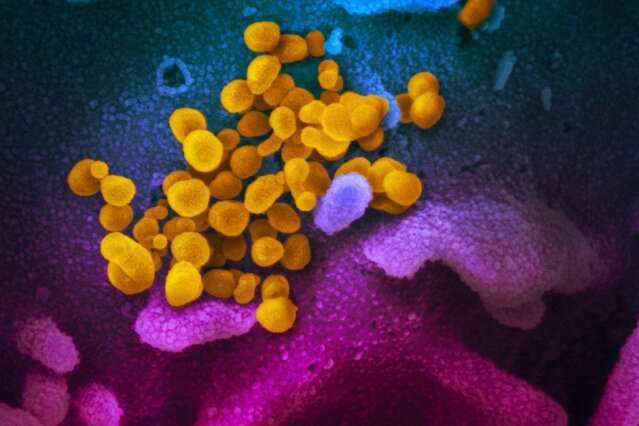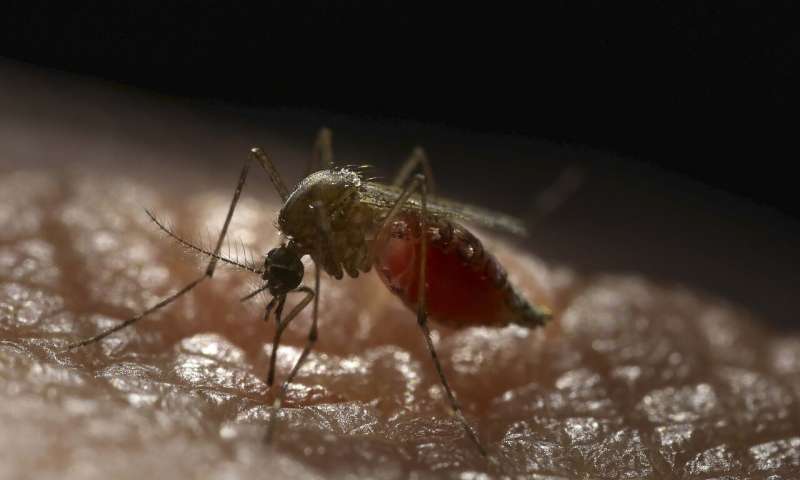Asking elderly patients how much they exercise can help predict their risk of heart disease and death, Mount Sinai and
Month: June 2020
COVID-19 research scandal: Unwanted diversion during pandemic
The first research scandal of the coronavirus pandemic has created unnecessary distraction around the politically divisive drug hydroxychloroquine, scientists say,

New identification of genetic basis of COVID-19 susceptibility will aid treatment
The clinical presentation of COVID-19 varies from patient to patient and understanding individual genetic susceptibility to the disease is therefore
Office lighting experiment suggests workers sleep longer when exposed to more daylight
A team of researchers affiliated with several institutions in the U.S. has found that office workers sleep more hours each
T cell immunity in the elderly
A study by Monash Biomedicine Discovery Institute (BDI) expands the understanding of the molecular pathways that control T cell function

Fighting mosquito-borne viruses requires a precise balance of immune cells
Every year, more than 68,000 people end up with a clinical case of Japanese encephalitis. One in four of these

Antibiotic resistance breakthrough
Scientists have made a breakthrough in the fight against superbugs after developing a antibiotic that can kill bacteria before it

Early-life education improves memory in old age, especially for women
Education appears to protect older adults, especially women, against memory loss, according to a study by investigators at Georgetown University
Probiotics with top-performing Lactobacillus strains may improve vaginal health
Vaginal Lactobacillus bacterial strains largely perform better than strains currently used in probiotics for vaginal health, according to a study

Disrupted sleep increases the risk of cardiovascular disease by promoting inflammation
Sleep disruption has been shown to be associated with an increased risk of atherosclerosis, but the mechanism has been unclear.
